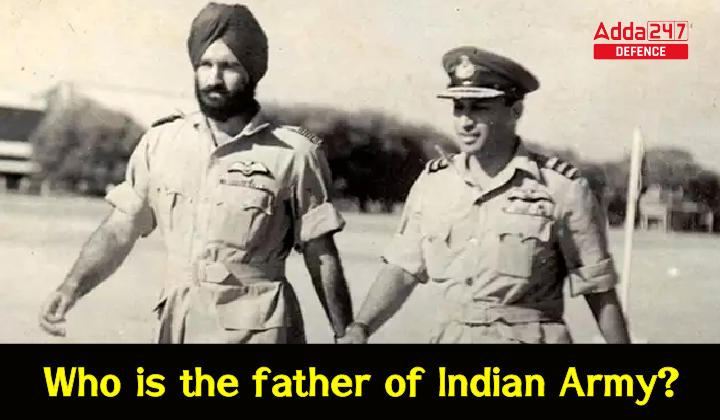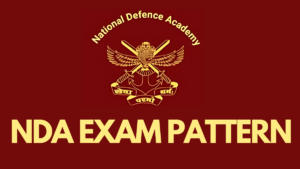Father of Indian Army Stringer Lawrence
The Indian Army, renowned for its valor and steadfastness, owes its origins and early development to the pioneering efforts of individuals who laid the foundation for its formation. Among them, one prominent figure stands out – Stringer Lawrence. Often referred to as the “Father of Indian Army,” Lawrence played a crucial role in organizing and establishing the military forces that would defend the British interests in India. In this article, we delve into the life and contributions of Stringer Lawrence, a visionary leader and a key architect of the Indian Army.
Early Life and Military Career
Father of Indian Army, Stringer Lawrence, was born in 1697 in England and joined the British East India Company as a soldier and embarked on a remarkable military career in India. His early assignments involved defending British trading posts against rival European powers and local forces.
Contribution to the Indian Army
Lawrence’s significant contribution as Father of Indian Army to the formation of the Indian Army began during the Carnatic Wars in the mid-18th century. Recognizing the need for a professional and disciplined force, Lawrence advocated for the creation of well-trained and organized troops. He introduced European-style military tactics and formations, focusing on improving training and discipline among the Indian soldiers.
Father of Indian Army, Stringer Lawrence’s most notable achievement came in 1748 when he established the Madras Regiment, the first-ever regiment in the Indian Army. This regiment served as the precursor to the present-day Madras Regiment, which has a distinguished history and continues to serve as a vital component of the Indian Army.
Under Lawrence’s leadership, the Madras Regiment played a crucial role in various military campaigns, including the decisive Battle of Plassey in 1757. His tactical prowess and strategic insights helped secure British victories, expanding their control over key regions in India.
Legacy and Significance
Stringer Lawrence’s contributions as Father of Indian Army were not limited to military tactics and organization. He understood the importance of fostering good relations with the local population and building alliances. His approach of incorporating Indian soldiers, known as sepoys, into the British military structure laid the foundation for the “Sepoy System” that would become a defining characteristic of the Indian Army.
Lawrence’s legacy is also marked by his emphasis on meritocracy and fairness. He ensured that promotions and rewards were based on merit rather than social status or background, thereby establishing a system that valued skill and competence. This approach laid the groundwork for a professional and inclusive military structure that endures to this day.
Conclusion
Stringer Lawrence’s contributions as the “Father of Indian Army” were pivotal in shaping the early foundations of the military forces that would evolve into the present-day Indian Army. His vision, leadership, and tactical acumen revolutionized the British military presence in India and set the stage for subsequent developments.
Lawrence’s introduction of European military techniques and his focus on training and discipline greatly influenced the formation and organization of the Indian Army. His legacy as a visionary leader, advocate of meritocracy, and bridge-builder between European and Indian military traditions continue to resonate within the armed forces.
Today, the Indian Army stands as a testament to the enduring influence of Stringer Lawrence. His contributions and innovative approach to military affairs continue to guide the principles and ethos of the armed forces, honoring his memory as the “Father of Indian Army.”



 Important Topics to Score 300+ in NDA GA...
Important Topics to Score 300+ in NDA GA...
 NDA Exam Pattern 2025 for GAT and Maths
NDA Exam Pattern 2025 for GAT and Maths
 How to Crack NDA Exam in the First Attem...
How to Crack NDA Exam in the First Attem...
